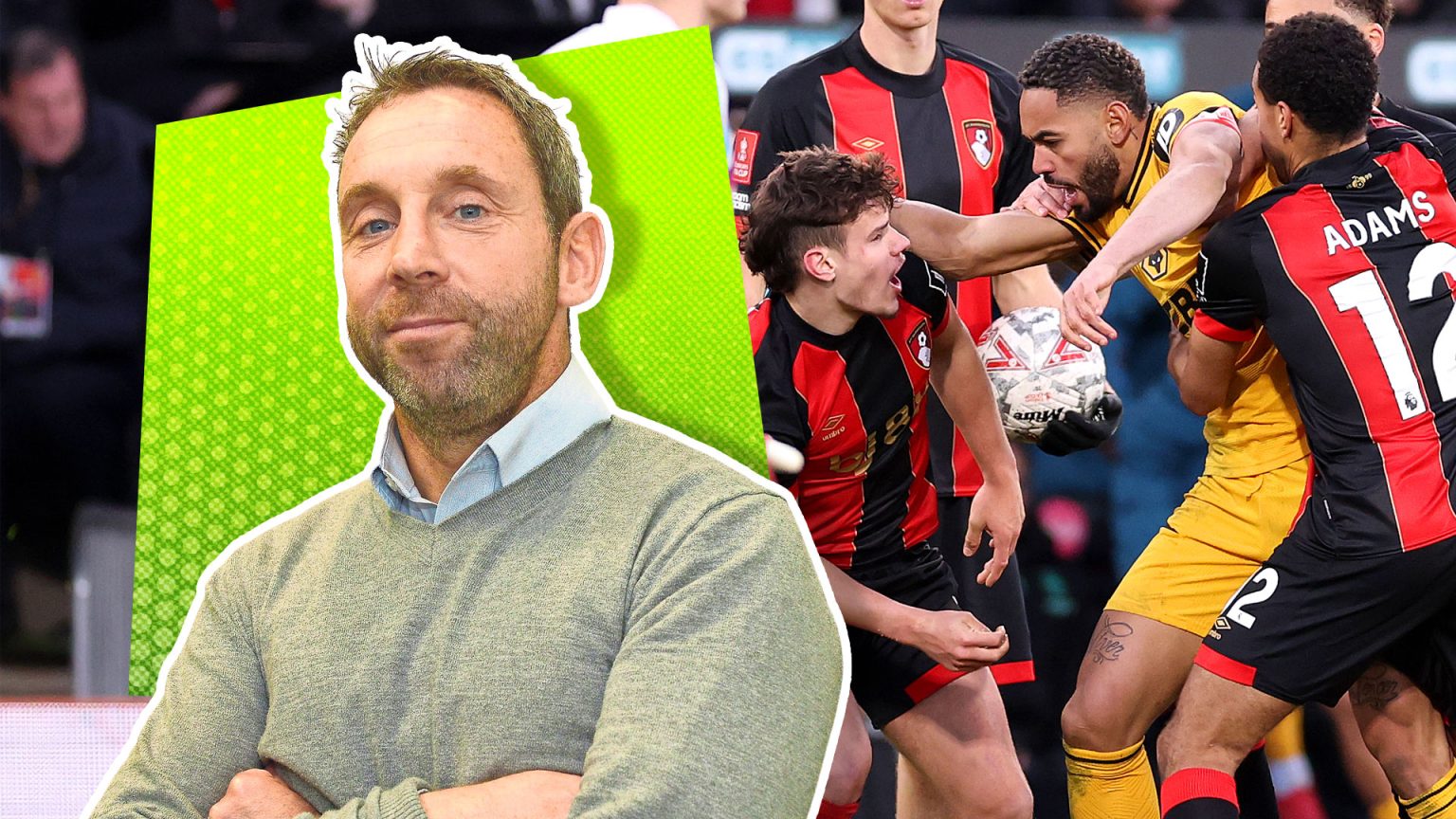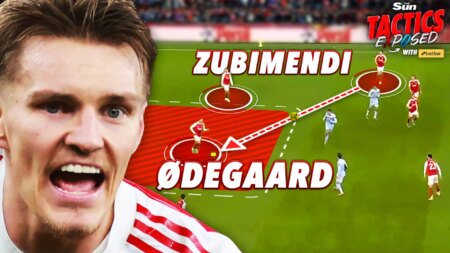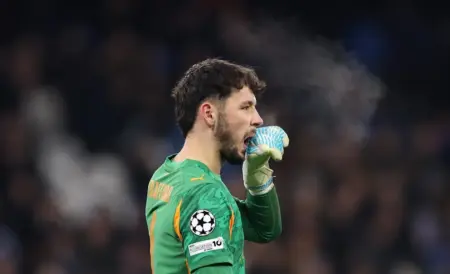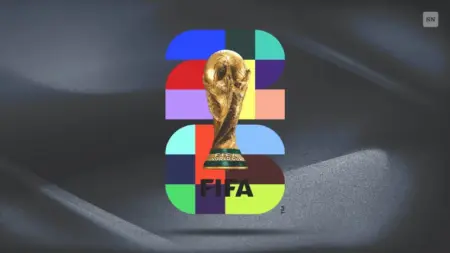The End of an Era: The Transformation of Brazilian Football
It is time to forget everything we once believed about Brazilian footballers. Images of players gliding around the pitch, embodying Samba soccer in tiny sky-blue shorts, and their reputations as lovers, philosophers, and 40-a-day smokers are becoming relics of the past. This transformation is starkly highlighted by the contrasting behavior of modern players like Matheus Cunha.
Cunha, a striker for Wolves, was recently sent off for lashing out at Milos Kerkez in an FA Cup tie. Earlier in the game, he had scored a spectacular goal, showcasing the flair that once defined Brazilian football. However, his subsequent aggressive behavior, including grabbing Kerkez by the throat and fighting the friends trying to calm him down, feels far removed from the dignified and stylish play that Brazil was known for.
The Icons of the Past: Samba Soccer’s Golden Age
Those who grew up in the late 1970s and 1980s have fond memories of Socrates, Zico, and Falcao. These players embodied a slow, elegant style of football that captivated the world. Even if they didn’t always win, they lost with grace and style. Socrates, in particular, was more than just an elegant midfielder. He was a left-leaning intellectual, known for his long hair, headband, and regular smoking habit. He was married four times and loved a beer, adding to his romantic and rebellious image.
Socrates’ demeanor was the antithesis of the aggressive and confrontational style of modern football. He would light up a cigarette and contemplate Karl Marx while performing keepy-ups, rather than engage in physical altercations. This laid-back approach was part of Brazil’s reputation as the intelligentsia of the game, where footballers were seen as jazz musicians in boots, not the snappy Uruguayans or overly-aggressive Argentines.
The Globalization of Brazilian Football: A New Breed of Player
The transformation of Brazilian football is partly due to the globalization of the sport. In the past, Brazilian players like Socrates, Zico, and Falcao spent the majority of their careers in South America, where they were shielded from the European model of football. Socrates played only one season outside Brazil, with Fiorentina in Italy, and later had a brief stint as player-coach at non-League Garforth Town. Zico played fewer than 40 games for Udinese, also in Italy, and finished his career in Japan. Falcao managed around 100 appearances at Roma over two years.
However, this has changed dramatically. Players like Vinicius Jr. were shipped to Real Madrid’s youth setup at 18, and Willian was transferred to Ukraine’s Shakhtar Donetsk at 19, eventually making his way to England. Matheus Cunha left South America before kicking a competitive ball at 18 to join Swiss side Sion, moving on to RB Leipzig, Hertha Berlin, and Atletico Madrid before landing at Wolves. This early exposure to European football, with its win-at-all-costs mentality, may have contributed to the change in Cunha’s behavior.
The Struggle to Maintain Dignity: Cunha’s Dilemma
Cunha’s talent is undeniable. His goal against Bournemouth with a tiny backlift of his right foot would have won approval from the ghosts of Brazil’s silky past. However, his recent behavior raises questions about why such a talented player is so far removed from the Samba stars of yesteryear. Perhaps he has been tainted by the European model of football, which emphasizes physicality and aggression over style and grace.
As Cunha awaits the outcome of a second FA misconduct charge in less than two months, it’s clear that his future in football depends on his ability to channel his talent in a more controlled and dignified manner. Clubs like Arsenal, who are showing interest in him, value not only skill but also professionalism and behavior. Cunha would do well to take a leaf out of Socrates’ book and embrace the intellectual and artistic side of football that Brazil was once known for.
The Impact on Brazil’s Reputation: A Cautionary Tale
The behavior of players like Cunha has broader implications for Brazil’s reputation in football. Brazil has long been known for its elegant and creative style of play, and the country’s footballers were once seen as role models for aspiring players around the world. The shift towards a more aggressive and confrontational style of play could erode this reputation and damage the image of Brazilian football.
Diego Costa, for example, opted to represent Spain despite being born near Brazil’s Atlantic coast. It’s not unreasonable to think that the Brazilian government quietly suggested he switch nationalities to avoid the negative association with his fiery temper. Cunha’s outburst serves as a cautionary tale for other Brazilian players who are making their mark in European football. They must balance their talent with the dignity and grace that once defined Brazilian football.
The Future of Brazilian Football: A Call for Balance
As Brazilian football continues to globalize, it is crucial for players to strike a balance between the physical demands of European football and the artistic and intellectual heritage of their country. Cunha’s talent is undeniable, but his behavior must change if he is to fulfill his potential and maintain the respect of fans and clubs alike.
The future of Brazilian football lies in the hands of players like Cunha, who have the opportunity to blend the best of both worlds. By embracing the style and grace of their predecessors while adapting to the modern game, they can help restore Brazil’s reputation as the home of elegant and creative football. The world is watching, and the future of Samba soccer hangs in the balance.











